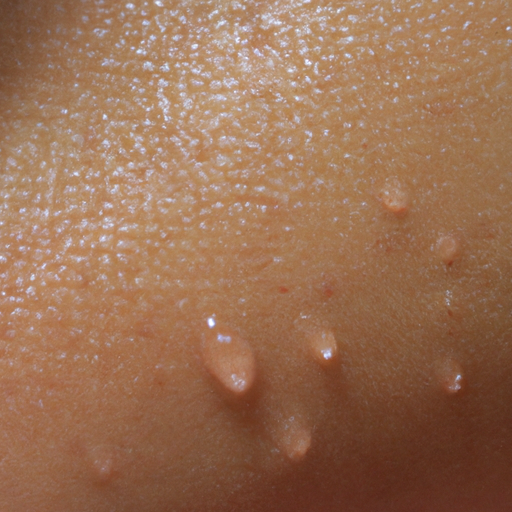As a medical professional, I can attest that oily skin is a common concern among many of my patients. It can lead to acne, blackheads, and a shiny complexion that many find unappealing. However, with the right skincare regimen and lifestyle changes, it is possible to manage oily skin effectively. Here are eight essential tips to help you conquer your oily skin.
1. Cleanse Regularly: The first step in managing oily skin is regular cleansing. Use a gentle, oil-free cleanser twice a day to remove excess oil and dirt from your skin. However, avoid over-cleansing as it can strip your skin of its natural oils, causing it to produce even more oil to compensate.
2. Use Oil-Free Moisturizers: Contrary to popular belief, oily skin needs moisturization too. However, opt for oil-free or non-comedogenic moisturizers that won’t clog your pores. These products hydrate your skin without adding extra oil.
3. Exfoliate Weekly: Exfoliation helps remove dead skin cells that can clog pores and increase oil production. However, be careful not to overdo it as excessive exfoliation can irritate your skin and trigger more oil production.
4. Stay Hydrated: Drinking plenty of water not only keeps you healthy but also helps in maintaining the balance of oils on your skin. Hydration ensures that your skin doesn’t overcompensate for dryness by producing more oil.
5. Eat a Balanced Diet: Your diet plays a significant role in your skin’s health. Consuming too much oily or processed food can increase your skin’s oil production. Opt for a balanced diet rich in fruits, vegetables, lean proteins, and whole grains to keep your skin healthy.
6. Use Blotting Papers: Blotting papers are a great way to manage oiliness throughout the day. They soak up excess oil on your skin’s surface without disrupting your makeup or drying out your skin.
7. Choose Makeup Wisely: If you wear makeup, choose oil-free or mineral-based products that won’t clog your pores. Also, always remove your makeup before bed to prevent it from mixing with the oil and dirt on your skin, leading to breakouts.
8. Consult a Dermatologist: If your oily skin is causing severe acne or other skin problems, it may be time to consult a dermatologist. They can prescribe treatments like retinoids or isotretinoin that can help reduce your skin’s oil production.
In conclusion, while oily skin can be a challenge, it’s not insurmountable. With the right skincare routine and lifestyle changes, you can reduce the oiliness and shine. Remember, everyone’s skin is different, so what works for one person may not work for another. It’s important to understand your skin type and needs before embarking on any skincare regimen. And when in doubt, don’t hesitate to seek professional advice.



